
Latest articles

Circular economy and Collaborative Networks: The Future of Asset Management
The global economy is shifting toward sustainability, driven by environmental urgency, regulatory demands, and evolving consumer expectations. Businesses are increasingly adopting circular economy principles, moving away from the linear “take, make, waste” model to systems that extend product lifecycles, minimize waste, and optimize resource use [Rejeb et al., 2025]. This transition aligns with the rise of Industry 5.0 (I5.0), which prioritizes sustainability, resilience, and human-centric collaboration. The integration of circular
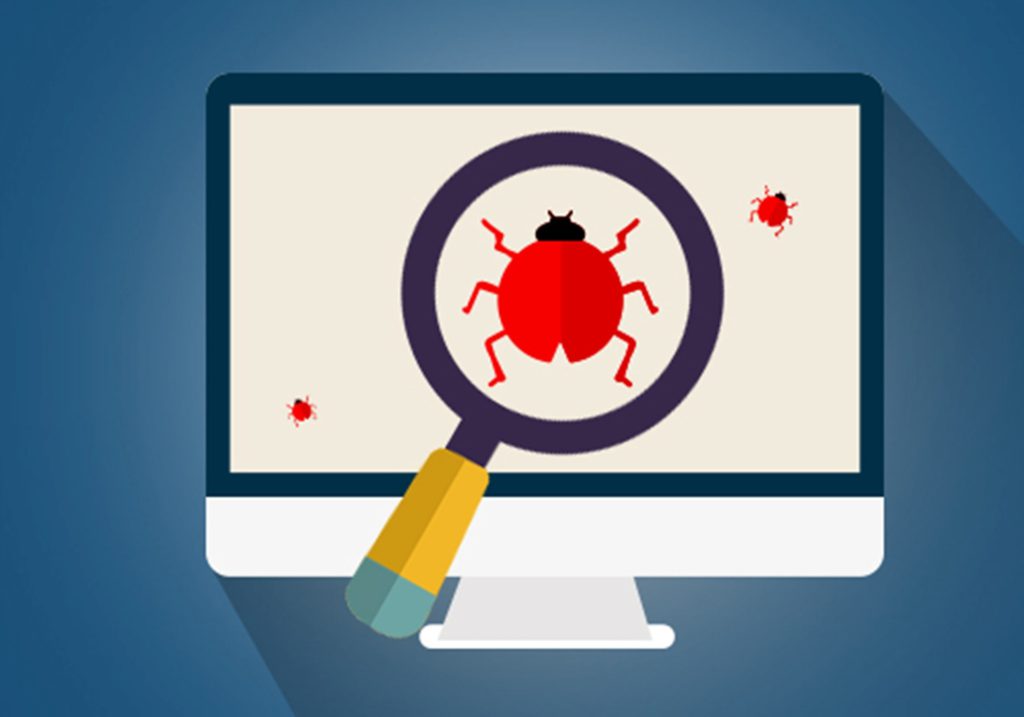
Software testing hyper automatization with Artificial Intelligence
Nowadays, societies evolve at a fast pace. These evolution involve changes in our tools. It’s the case with software, they must evolve and stay updated to answer our needs. But, how to make sure software answer our needs despite evolution? A popular and effective way is testing. A test will check a software behavior to
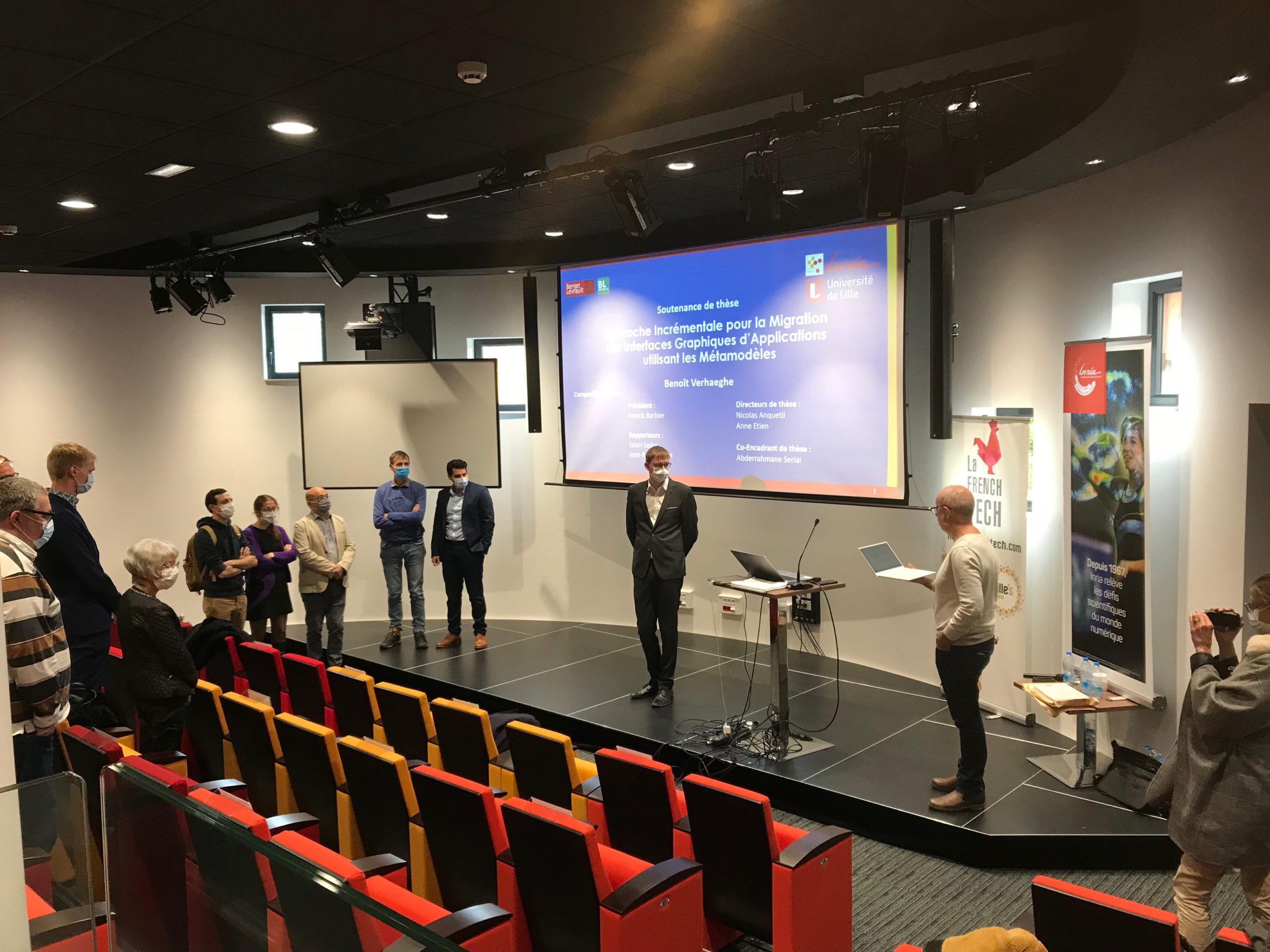
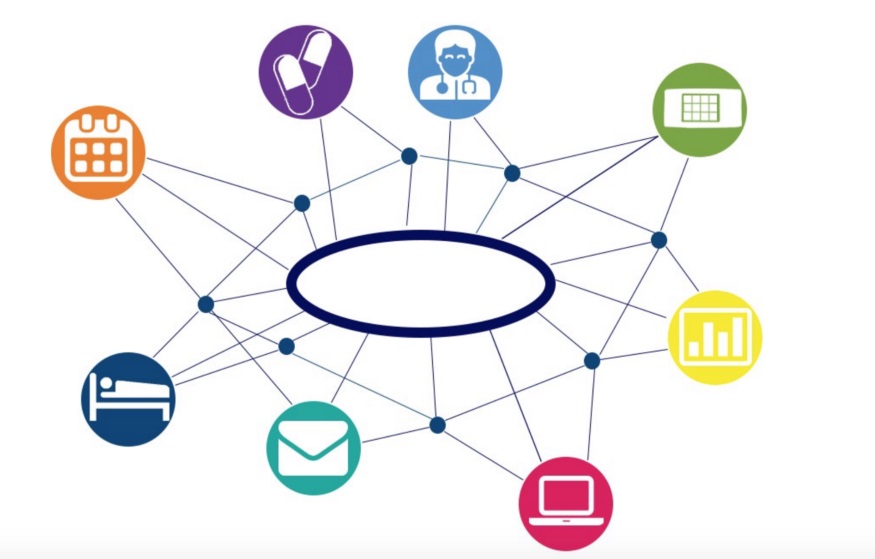
BL.MOM Connector Generation – Part 2
Figure 1. Global architecture of BL-MOM Connector Generator Figure 2. Interoperability contexts catalogue Figure 3. Creating a new connector Figure 4. Integrated AsyncAPI editor and schema documentation Figure 5. Generated message schema documentation – according to the AsyncAPI specification Figure 6. Manually written code on the left side Vs generated code on the right side

Migrating internationalization files
During my Ph.D. migration project, I consider the migration of several GUI aspects: Visual, Behavioral and Business. These elements are the main ones. When perfectly considered, you can migrate the front-end of any application. But, we are missing some other stuff 😄 For example, how do you migrate i18N files? In this post, I’ll present how to build a simple migration tool to migrate I18N files from .properties (used by Java)
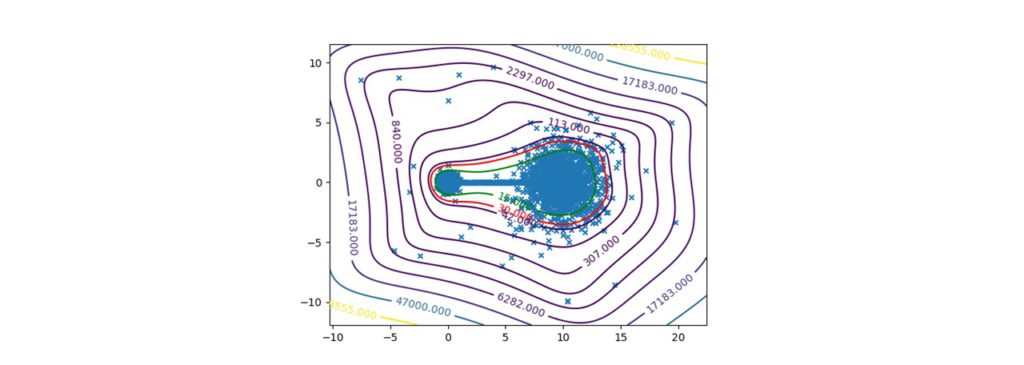
How to apply Christoffel-Darboux kernel on online anomaly detection with few parameterization
Incremental properties Kevin Ducharlet is Ph.D. Candidate in the DRIT team. Since a year and a half, he started his thesis entitled: “Certification and confidence in sensor data: detection of outliers and abnormal values in time series.” Sensor data are generated using devices which measure a physical asset’s behaviour. These informations can be used to

🇫🇷 EcoConception numérique: Fiches pratiques pour les Product Owners, les développeurs, les DevOps
L’actualité nous le répète sans cesse mais le numérique dans son ensemble est un des secteurs d’activité les plus polluants dans le monde. 4% des émissions de GES mondiales sont dues au numérique soit plus que l’aviation civile mondiale ! Il est donc fondamental de modifier nos habitudes de consommation et de production pour limiter

Combining cultural probes and interviews with caregivers to co-design a social mobile robotic solution
Demographic changes go together with an increase in the number of older adults whose life expectancy is higher than in previous years. An increase in age is often correlated with the presence of chronic diseases or polypathologies affecting autonomy. When the autonomy of the elderly person deteriorates, medical prescription allows access to health services and

Representing front-end of Applications in a nutshell
For the last 4 years, I worked with the migration team of the DRIT on the Graphical User Interface (GUI) migration problem. We published several papers and successfully migrated applications based on different GUI frameworks. Today, we’ll see together how we perform such a great project. In short, I’ll present you the Model-Driven Engineering and

Intelligent Document Processing (IDP) a key component to the end-to-end automation of business processes
Company data is a key part of decision making, but unfortunately, much of this data is in an unstructured format: PDF documents, JPG scans, emails, etc. This unstructured representation is difficult to exploit by the machine, which complicates the automation of business processes. Intelligent Document Processing (IDP) captures, extracts, and processes data from a variety
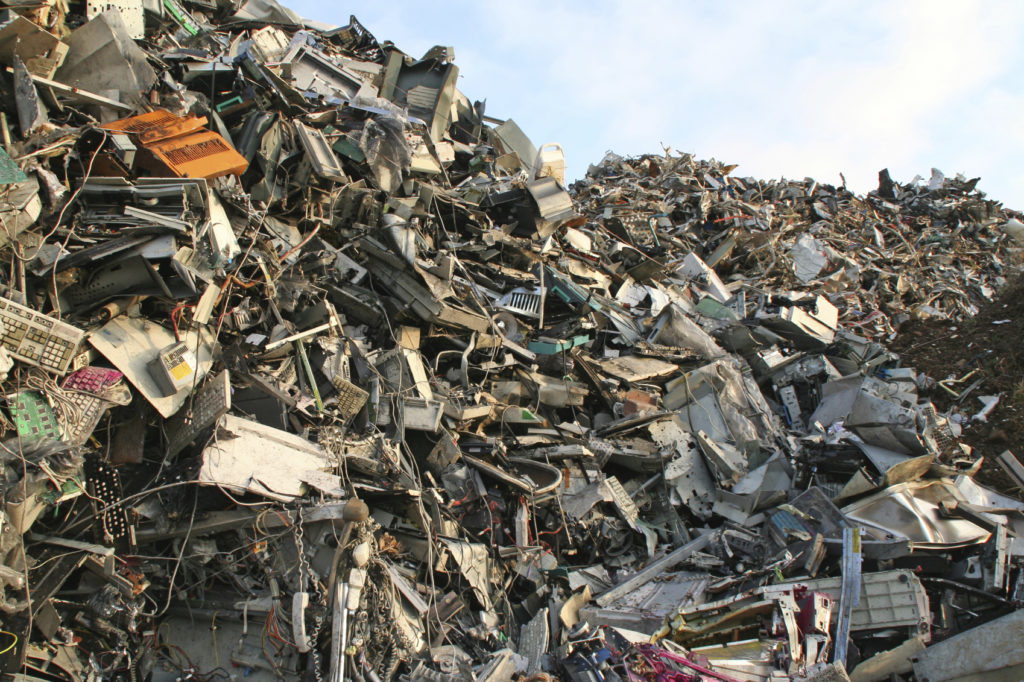
🇫🇷 Frugalité : Pour un numérique qui minimise son impact écologique
Nous savons maintenant que l’épuisement des ressources de la planète et le gaspillage énergétique mettent en péril nos modes de vies, notre santé et notre économie. Le numérique que nous produisons, vendons ou utilisons n’a de virtuel que les interfaces avec lesquelles nous interagissons. Ses impacts sur notre monde sont bien réels et menacent l’équilibre
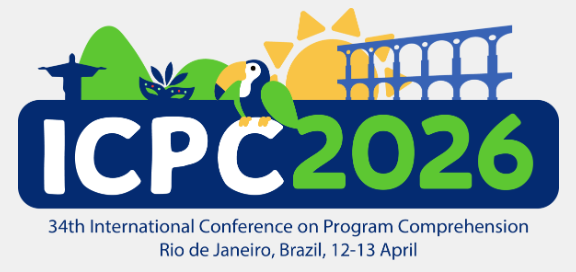
ICPC – 34th International Conference on Program Comprehension (Rio de Janeiro – Brazil)

Forum for advances in visualization and visual analytics – VIS 2025 (Vienna – Austria)

IFIP/SOCOLNET – Hybrid Human-AI Collaborative Networks (Porto – Portugal)


Camille Dupré Ph.D. thesis defense: “Pad-based Interaction in Mixed Reality environments”
Thursday 18th December at 2p.m. Paris time, Camille Dupré, Ph.D. Candidate has defended her thesis named “Pad-based Interaction in Mixed Reality environments”. Her thesis defense took place at the LISN, in Gif-sur-Yvette (660 Av. des Sciences Bâtiment, 91190), France. Take a look at the summary below. Summary Mixed Reality (MR) environments integrate virtual elements into
Nihed Bendahman Ph.D. thesis defense: “Evaluation and mitigation of hallucinations in automatic summarization in the specific context of legal documents”
Monday 15th December at 2p.m. Paris time, Nihed Bendahman, Ph.D. Candidate has defended her thesis named “Evaluation and mitigation of hallucinations in automatic summarization in the specific context of legal documents”. Her thesis defense took place at the IRIT Research Laboratory, in Toulouse, France. Take a look at the summary below. Summary Legal monitoring is a
Gabriel Darbord Ph.D. thesis defense: “Automatic test generation to help modernize our applications”
Friday 5th December at 9a.m. Paris time, Gabriel Darbord, Ph.D. Candidate has defended his thesis named “Automatic test generation to help modernize our applications”. His thesis defense took place in Lille, France. Take a look at the summary below. This thesis is fully in line with the partnership between Berger-Levrault and Inria, which aims to
Berger-Levrault strengthens its ties with AI startups!
We are proud to announce that we have joined Hub France IA, the largest association dedicated to artificial intelligence in France. This network now brings together more than 250 members—companies, startups, research laboratories, and institutions—who share the same goal: to accelerate the development and adoption of AI in France and Europe. Getting closer to the
Celebrating New PhDs from the BL.Research Team!
At Berger-Levrault, research is more than a mission—it’s a shared adventure. As the new academic year begins, we are proud to celebrate the success of four of our colleagues from the BL.Research team, who have reached a major milestone in their scientific journeys: the defense of their doctoral theses. These achievements are the result of
Hamza Safri Ph.D. thesis defense: “Federated learning for the IoT : Application for Industry 4.0”
Thuesday 24th June at 3pm Paris time, Hamza Safri, Ph.D. Candidate has defended his thesis named “Federated learning for the IoT: Application for Industry 4.0”. His thesis defense took place at the Inria Minatec Grenoble, Grenoble, France. Take a look at the summary below. Keywords: Model generalization, predictive maintenance, industrial IoT, federated learning, edge network,
ESUG 2025: Six contributions and 2 prizes for the Software Engineering Lab team!
Congratulations to our PhDs Nicolas Hlad, Aless Hosry, Benoit Verhaeghe and Pascal Zaragoza from Berger-Levrault’s BL.Research team for their participation in the 2025 edition of the ESUG (European Smalltalk User Group) conference! This year’s conference took place from July 1-4 in Gdansk, Poland. The theme was innovation in Smalltalk technologies and their use in software
Julien Breton Ph.D. thesis defense: “Extraction and formalization of regulatory industrial maintenance knowledge from semi-structured corpus data”
Friday, 27th June at 1.30 pm Paris time, Julien Breton, Ph.D. Candidate has defended his thesis named “Extraction and formalization of regulatory industrial maintenance knowledge from semi-structured corpus data”. His thesis defense took place at the IRIT research laboratory, Toulouse, France. Take a look at the summary below. Keywords: Legal compliance,Industrial maintenance, Norm extraction,LLM (Large
